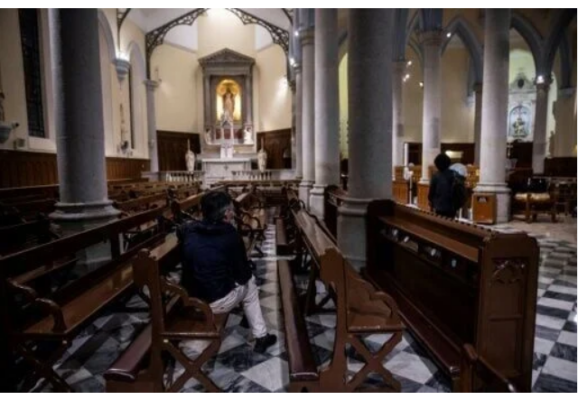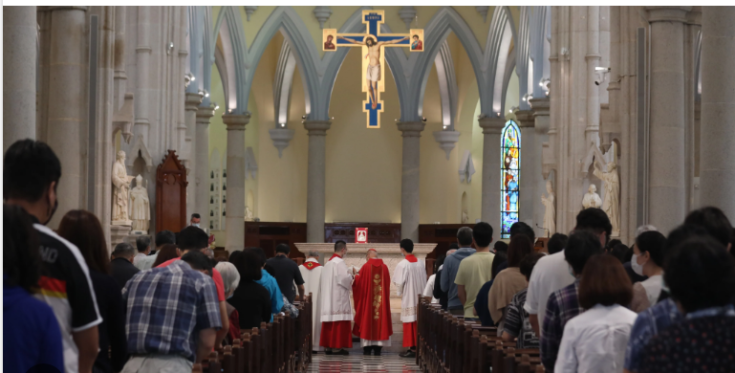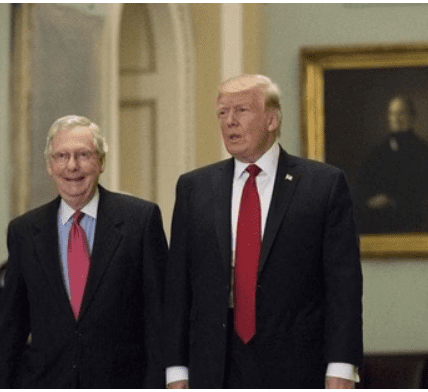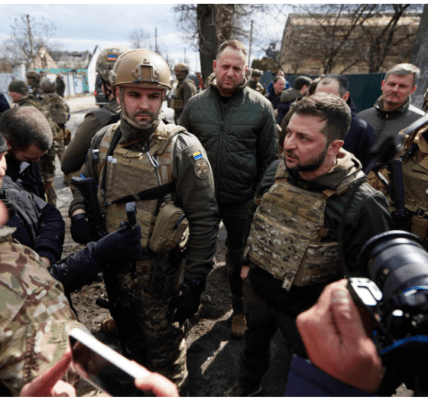- Homepage
- World Affairs
- Protecting the Sanctity of Confession: The Catholic Church’s Stance on Hong Kong’s Security Law
Protecting the Sanctity of Confession: The Catholic Church’s Stance on Hong Kong’s Security Law
Amidst Hong Kong’s fast-tracked implementation of a national security law, the Catholic Church has asserted its commitment to safeguarding the confidentiality of confessions. Despite the legislation’s stringent provisions aimed at ensuring national security, the Church remains steadfast in upholding the sacred trust between devotees and priests during the sacrament of confession. As debates surrounding the law intensify, the Church’s stance reflects its unwavering dedication to preserving religious freedom and the sanctity of spiritual practices.
Contextualizing Hong Kong’s National Security Law
The backdrop of Hong Kong’s national security law, introduced in the wake of protests and political unrest, sets the stage for heightened scrutiny and regulation of potential threats to state security. Under the proposed legislation, individuals face severe penalties for failing to report acts of treason, with implications extending to religious communities and their practices.
In response to the impending security law, the Catholic Diocese of Hong Kong asserts its unwavering commitment to maintaining the confidential nature of confessions. Emphasizing the sacred bond between penitent and priest, the Church affirms that the sanctity of confession remains inviolable, irrespective of external legal frameworks. Despite acknowledging citizens’ obligations to uphold national security, the Church reiterates that the confidentiality of confession will not be compromised.

Critics, including UK-based activist group Hong Kong Watch, raise concerns about the potential infringement on religious freedom posed by the security law. The proposed legislation, which mandates reporting of treason-related information, directly challenges the confidentiality of confessions and undermines priests’ conscientious objections. Forcing clergy to disclose information shared in the confessional booth violates fundamental principles of religious autonomy and raises ethical dilemmas for practitioners.
Legal and Ethical Considerations: Balancing National Security and Religious Rights
Hong Kong’s unique legal status as a common law jurisdiction adds complexity to debates surrounding the security law. While authorities defend the proposed criminal offense as consistent with existing legal frameworks, questions arise regarding its compatibility with international standards of religious freedom. Secretary for Justice Paul Lam’s assertion that exceptions for clergy and social workers would be challenging to implement underscores the inherent tensions between state security imperatives and individual liberties.
Hong Kong officials maintain that the security law’s provisions are necessary to safeguard national security and do not impinge on freedom of religion. The government’s contention that the legislation aims to address longstanding legal concerns, rather than curtail religious rights, reflects its commitment to upholding the rule of law. However, skepticism persists among religious communities and civil society groups regarding the law’s potential repercussions on religious practices and individual liberties.

Public Discourse and Legislative Process: A Swift Approach
The rapid progression of the security law through Hong Kong’s legislative process underscores the urgency with which authorities seek to address perceived threats to national security. Despite a month-long public consultation, concerns linger regarding the depth of engagement with diverse stakeholders and the speed of legislative vetting. As debates intensify and the law’s implications become clearer, voices advocating for the protection of religious freedom and civil liberties continue to resonate within Hong Kong’s socio-political landscape.
Read More News:
- Navigating the Southern Border: Biden’s Potential Executive Actions
- Battling the Inferno: Responding to Wildfires in the Texas Panhandle
In conclusion, the Catholic Church’s stance on Hong Kong’s security law reflects broader tensions between state imperatives and individual freedoms. As the debate unfolds, the protection of confessional confidentiality emerges as a focal point in discussions surrounding religious freedom and human rights. Against the backdrop of evolving legal frameworks and geopolitical dynamics, the Church’s unwavering commitment to upholding the sanctity of confession serves as a testament to the enduring significance of religious autonomy in contemporary society.




